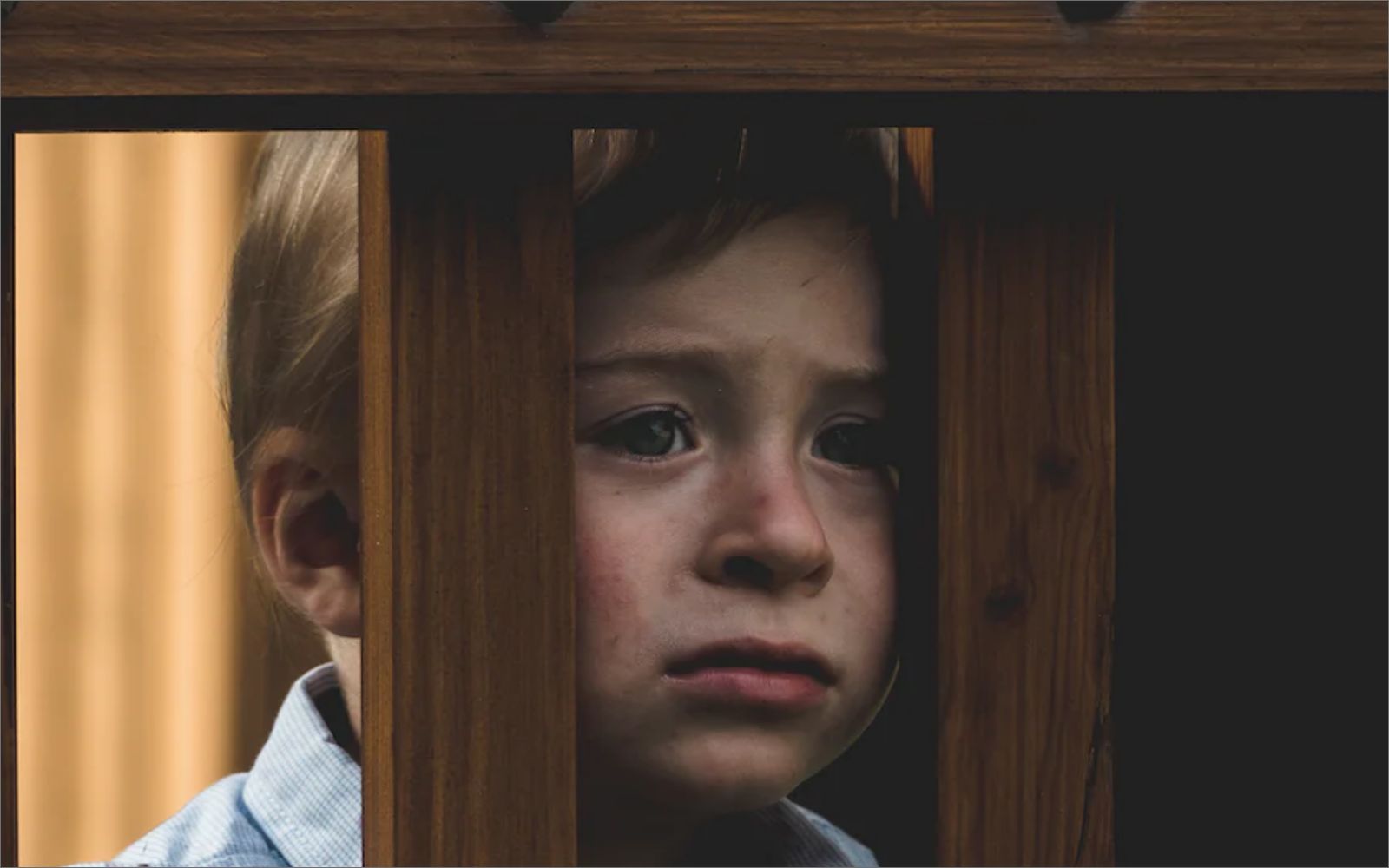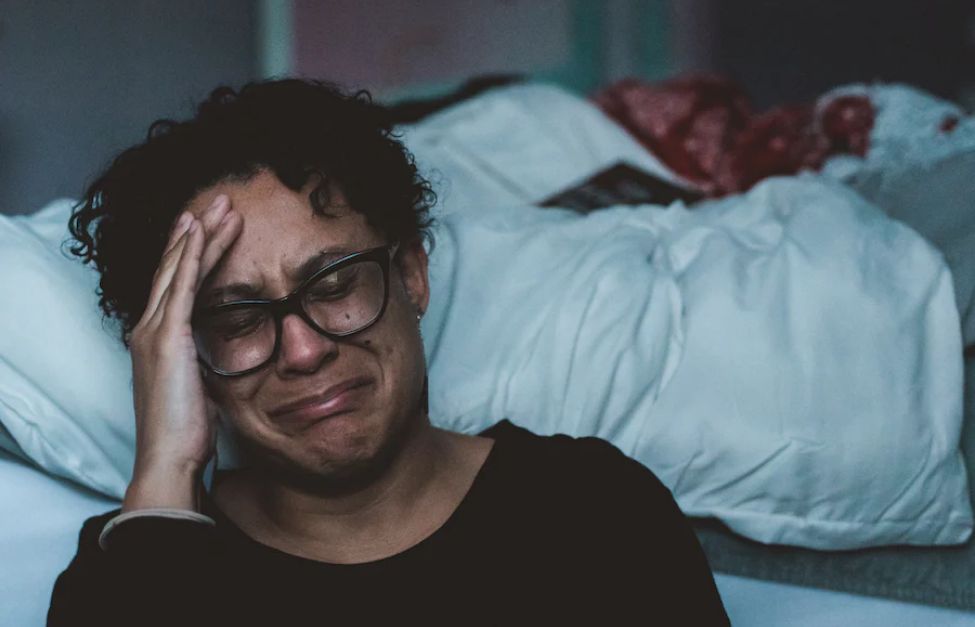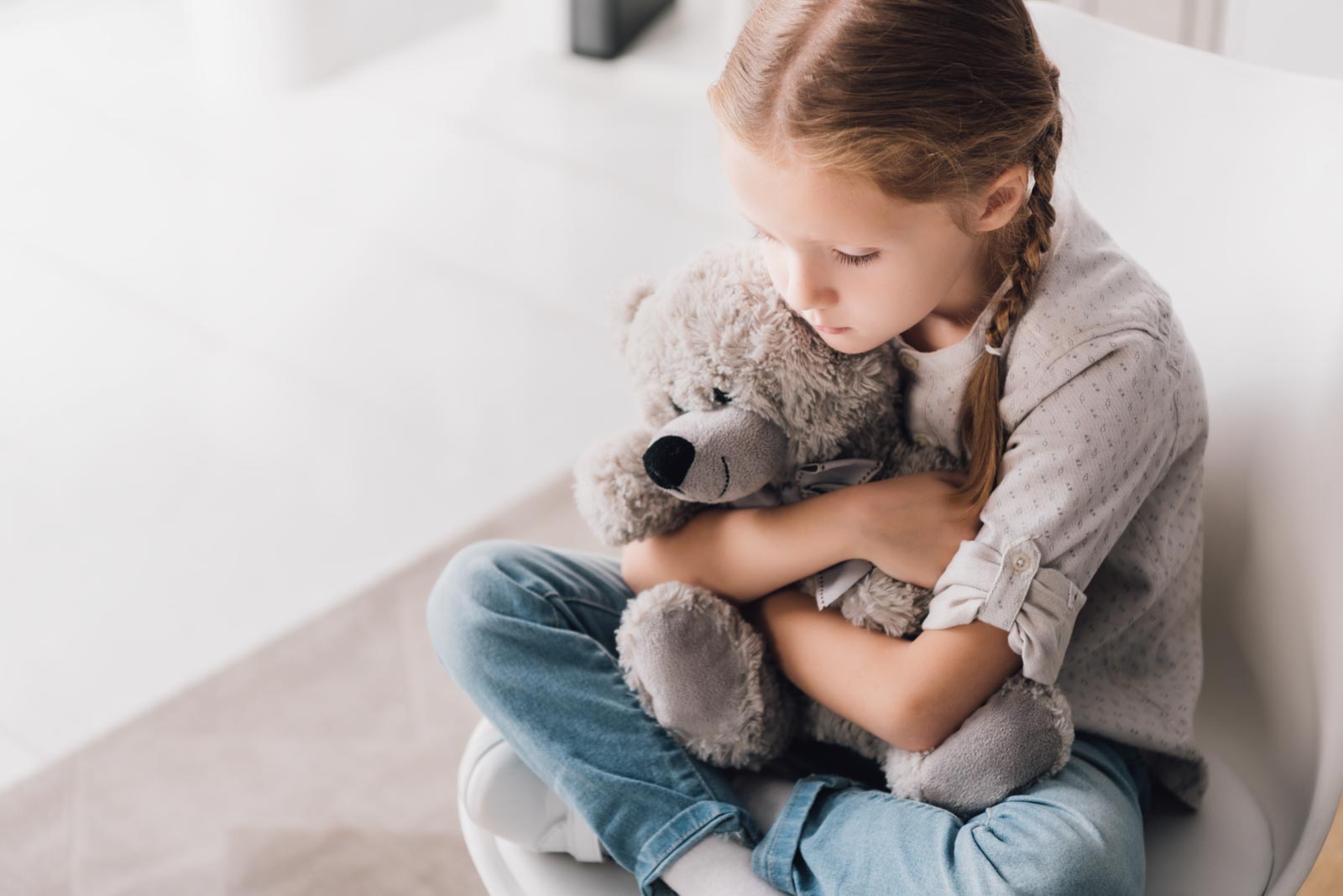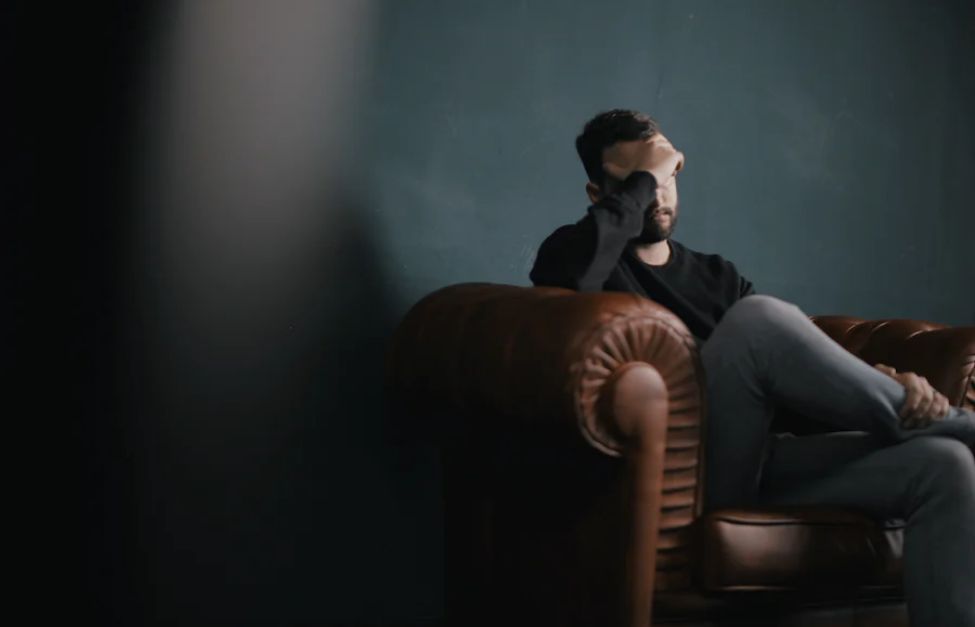
Domestic abuse
Keeping you and your family safe from harm
You have the right to feel safe
The effects of domestic violence on victims is profound, and include anger, shame, fear, isolation, resentment, psychological problems, self-harm and feelings of powerlessness. Frequently the self-esteem of victims is eroded and they may blame themselves for what is happening to them. Victims can also be concerned about the impact on children, fearing that they too could become targets of abuse.
If you are a victim of domestic violence or emotional abuse then you need legal help. We support victims of domestic violence and their families in receiving much needed protection from their abusers and have a great deal of experience in high conflict cases. Our expertise also includes making and defending a range of emergency applications.
Working in your best interests
- If you need to speak to someone, call our specialist solicitors in Leeds, Harrogate or York.
- If appropriate, we can help you to obtain emergency protection – commonly Non Molestation Orders and/or Occupation Orders.
- If you need help to recognise whether you are being abused, there are many organisations that can give you confidential advice and we can provide you with details of them. There are also many local shelters and we can help you find a place of safety.
- If you are a victim of domestic abuse, we will become part of your support network, providing the expert advice you need at each step which will in turn allow you to heal and recover and look forward to a happy future.

What is domestic violence?
An estimated 1.9m people in the UK suffer some type of domestic abuse every year. It occurs in all levels of society regardless of gender, wealth, age or race. Domestic abuse takes place when one person harms another person with whom they have, or have had, a relationship. They do not need to be heterosexual partners and they do not need to live in the same property. Both women and men can be the victims of domestic abuse.
Domestic abuse can be where one person physically attacks the other, but it may also be emotional, sexual or financial abuse. Children can be victims if they have witnessed domestic abuse.


What is emotional abuse?
Emotional abuse can be particularly hard to spot as it leaves no outward signs on the victim. There are a variety of behaviours that could be classed as emotional abuse and can involve the abuser:
- Intimidating and threatening the victim
- Making the victim believe they are worthless
- Criticising the victim
- Ignoring the victim
- Trying to control the victim – what they say, do and wear
- Humiliating the victim
- Withholding money or preventing the victim from getting a job
Legal options for those affected
If you are the victim of domestic abuse, you have a number of options available. These include reporting the abuse to the police, leaving home temporarily (or permanently) or staying in your home and getting the person who is harming you to leave. Legal options include court applications for an injunction (known as Non- Molestation Orders) to protect you and any children and/or orders barring your abuser from the family home.
The paramount consideration is securing your safety and we can provide legal advice as to the most appropriate steps to take.
Once you are safe, consideration needs to be taken as to your future plans such as: whether you wish to permanently separate from your partner, whether you want to take action to keep the abusive partner away from you, protecting your rights to the family home – whether this involves preserving your interests after you have left the property or maintaining your interest whilst you remain there and ensuring that appropriate safe contact arrangements are in place between the children and your former spouse or partner.


How Jones Myers can help
Our highly trained, sensitive family law specialists can help and support you if you are a victim of abuse or threatened abuse.
In entirely confidential consultations, we discuss all the options available to you and advise you on which route may be the best one for you and your family. These include court applications for a Non-Molestation Order to protect you and any children and/or orders barring your abuser from the family home.
The protection the court offers is available to married, divorced, cohabiting and former cohabiting couples – as well as those in civil partnerships. We can also suggest other organisations who may be able to offer you assistance outside the legal process.
If you require further information or advice from our team of specialist family lawyers, please contact a member of our team.
